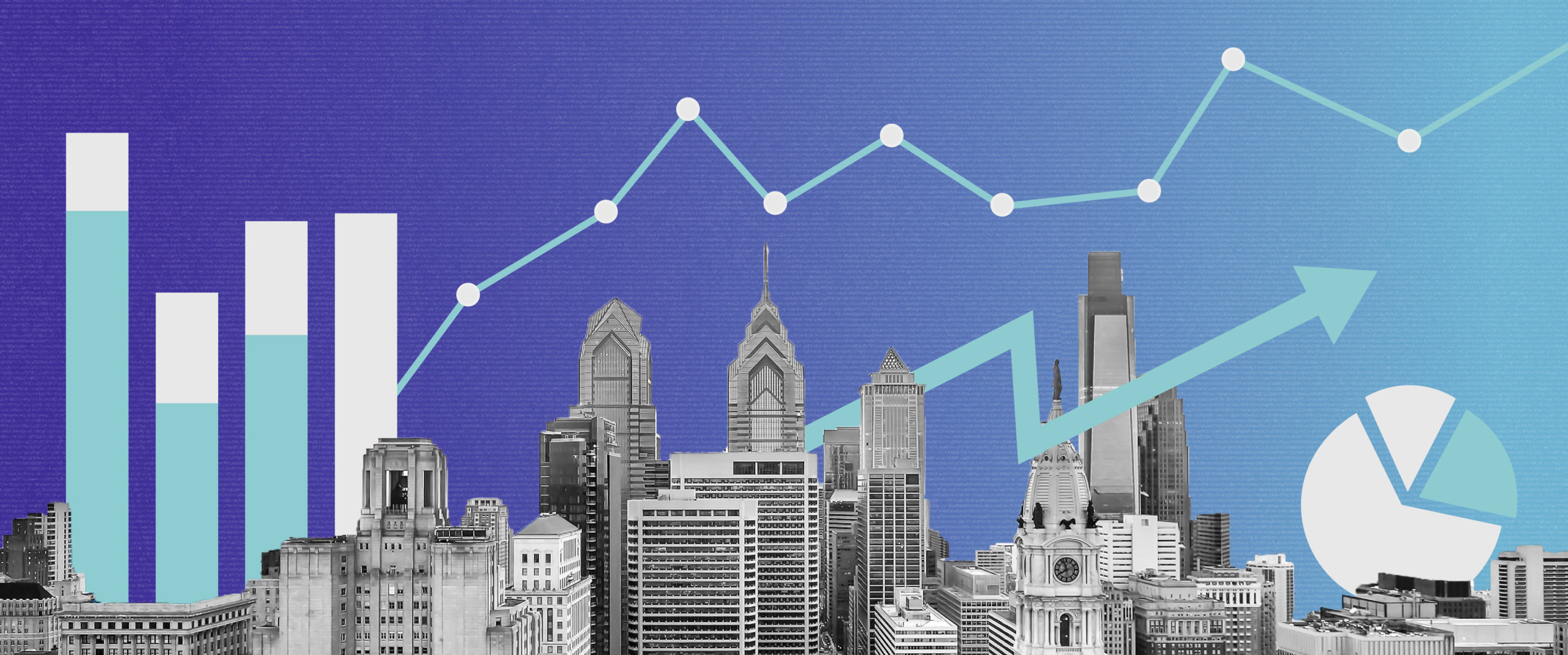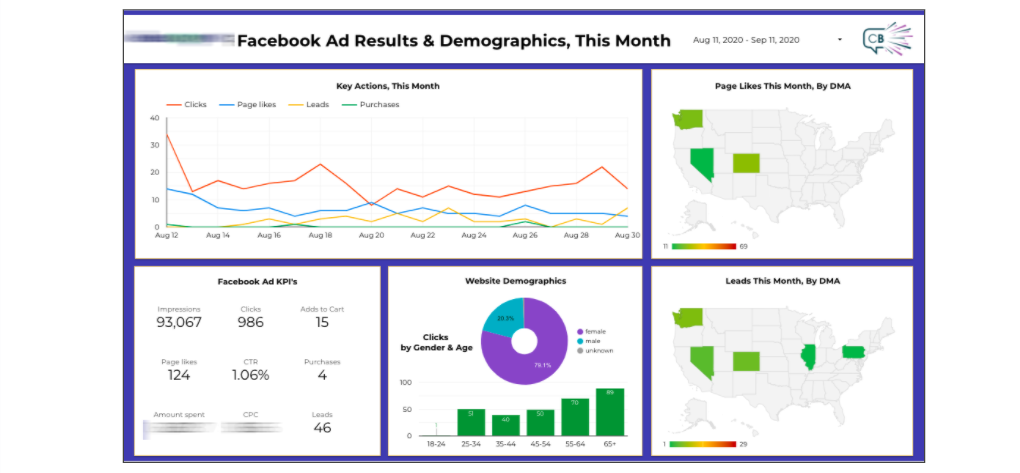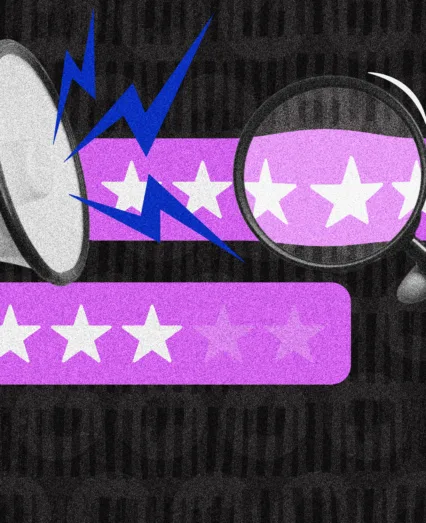Philadelphia, like many parts of the country, is experiencing a mini real estate boom in both multi-unit and single-family residential buildings. It’s true that this boom has been a long time in the making, as the development cycle for new projects we see today began many years ago. However, given the impact COVID-19 has had on our economy and retail businesses, one might ask why things are not slowing down. We still have 30M+ unemployed Americans, a decimated restaurant and retail scene, and a terribly challenging time for our city’s budget.
The scale of these projects is large even for Philadelphia. 3,600 new units were proposed in August, with 1,500 planned for the areas between Spring Garden Street and the Fillmore complex. Residential real estate sales are seeing low time on market and multiple bids/all-cash scenarios on a regular basis.
This trend is mostly explained by complexes such as:
-
- High availability of investment capital
- Low interest rates
- Large tax incentives and abatements
- Ambitious real estate leaders pushing forward before a potential economic downturn
- Long development cycles
Previous recessions and national crises have quickly impacted home prices. This pandemic has not seemed to slow the progress of urban living, but it has changed marketing, sales and lease-up efforts.
ChatterBlast clients such as Alterra Property Group, KIMCO (owners of Suburban Square), The Klein Company, and a variety of local real estate peer firms are all investing in their marketing and changing the way they communicate with potential residents. COVID-19 has forced most Americans to stay at home, meaning we are all spending more time in front of our screens. Couple that with an unknown economic future and many people questioning moves in or out of cities, and you have an unusual set of circumstances that begs for new digital innovation to keep things moving. Here are some trends and tactics for real estate professionals:
Rethink your digital strategy
Our progressive real estate clients have embraced the fact that everything has changed. More eyeballs on digital means you need to be more strategic, creative and calculated with your efforts. Competitors are doing this too, making it harder to reach the people you want to. Spend time now re-thinking your digital strategy, especially as it relates to other advertising and communications channels. We’re seeing a shift from out-of-home and TV to social and OTT/CTV. If you’ve been dabbling in this, now is the time to double-down.
Invest in your ad plan
Digital ad options continue to increase and get more efficient. Geo-targeting, programmatic ad integrations and sophisticated reporting/rapid-response content plans are winning right now. Take a look at your ad plan and ask if it is truly working to generate these new types of leads. You need to drive virtual tours, leads and inquiries and capture data in new, more aggressive ways.
Further, real-time data and immediate pivots to creative is becoming critical. Optimizing content and ad plans during these uncertain times will help your brand stand out from the competition. Rethink everything and read our previous blog for more details.
Influence the influencers
I estimate that most urban residents have reduced in-person contact by 75% during this pandemic. That’s slowly increasing, but we are looking to the close friends, celebrities and the peers that we admire even more than ever. As a result, influencers have been been both in high demand and in a downward spiral due to shifts in consumer spending.
For us, that means influencer programs are more important and more complicated than ever. Don’t knock influencer programs just because there are less people moving around and less focus on retail/lifestyle. We predict the trend of tactical micro-influencers alongside smart advertising will grow and continue to be more effective.
In Philadelphia, real estate has always been a core part of the city’s cycles of growth and change. It has experienced great success, suffered in certain ways and thrived during downturns in the past. COVID-19 is certainly a unique and rare challenge, but by leveraging smart social and digital strategies in these odd and crazy times, developers can still find success and continue innovating to stay ahead of their competition.




